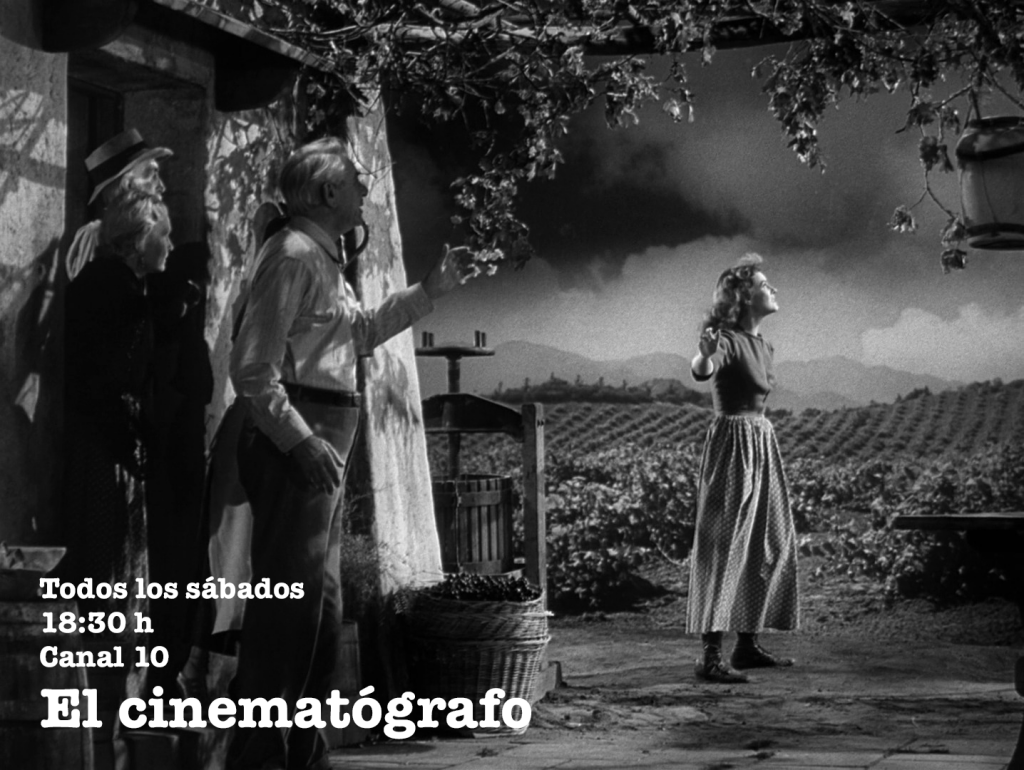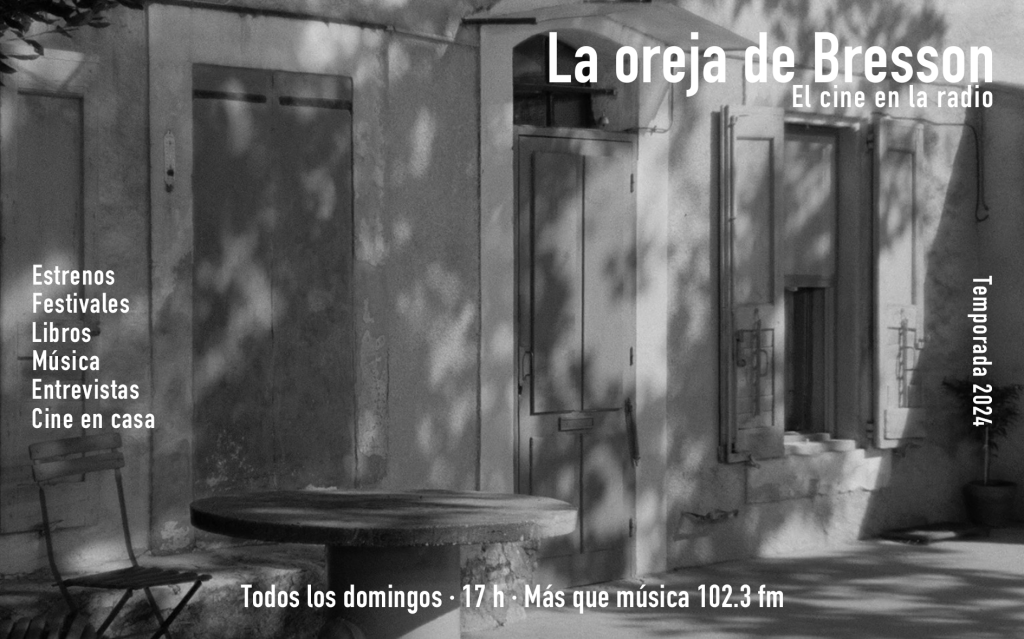
BERLINALE 2022 (ENGLISH REPRISE): BAD LUCK SEX OR THE (IM)POSSIBLE COMMUNITY
Viens je t’emmène is the original title of Alain Guiraudie’s great film. The title in English or, as it is often referred to innocently, the “world title” is Nobody’s Hero. The original is more precise, because if there is something that Guiraudie’s new film attempts to conjure up lovingly and comically it is individualism, that ubiquitous concept that knows not linguistic differences and is defined by a way of seeing the world. The original title suggests something else and in Spanish it would be something more or less like: “Ven que te llevo” (“Come and I will bring you”), a leitmotivthat unexpectedly transforms itself, without announcing so, putting emphasis on the politics of the neighbors living in a building. The other title, “nobody’s hero” is not incorrect with respect to the plot, because the central point of encounter of the narrative takes place because of the main character’s decision to go along, step by step, caring for a young Arab-looking man who lives on the street.
First, I must note that there is an objection here, an accusation there. It is quite early to say, but the fact that Guiraudie’s film is not in the competition seems like a programming error. As the opening film of the Panorama section, it is in a position that is, if not offensive, at least uncomfortable and certainly inappropriate, because it could have been an ideal film for Encounters, the second competitive section aimed at films that are freer and more flexible in their narrative structure. It is difficult to think of a film more in line with the proposal of this section, and also happier and more politically precise, than Guiraudie’s. My respectful objection to Berlin. But the accusation is really addressed to another city and harbors a suspicion. Viens je t’emmène was ready more than a year ago. Was it disdained by the festival of festivals? Everything would indicate so. As happened with Zama a couple of years ago, the same may now have happened with Viens je t’emmène. The film will gain its followers little by little and over time its greatness will be recognized.
Guiraudie’s film begins with a man and a woman looking at each other at some location in the city of Clermont-Ferrand. Dressed like a prostitute she is waiting. He is wearing sportswear, but there is no indication that he is an athlete. The man stops and looks at her. Wide shot, another from the opposite perspective and then, already in the same shot, Médéric introduces himself. He promptly asks her to sleep with him but warns that he is against prostitution and promises there will be surprises. Isadora looks at him and, between skepticism and amazement, she listens to him, laughs and, before getting into a car, she takes Médéric’s phone number. A little later she calls him. This is the beginning of a beautiful movie.
Three tendencies tie Guiraudie’s cinema together: there is sex in all his stories, dreams break the linearity of the narrative, and open spaces (the lake, the forest, the meadow) contain the story and free the plot. The first two tendencies are in Viens je t’emmène with the usual splendor. From the beginning, sex is the rule of ties, and as in all of Guiraudie’s cinema, it is never unrelated to pleasure, even when the goals of eroticism may harbor purposes of another order, such as the act of killing, which is not the case here, though it is in Stranger by the Lake.
In Viens je t’emmène, Isadora, the getting on in years prostitute who is happily played by Noémie Lvovsky, can have sex with her clients and fulfill that demand without feeling humiliated. In the cinema the relationship between humiliation and sex is not minor, but Guiraudie never allows the suffering associated with sex. Sex is joy. Therefore, Isadora does not stop screaming with absolute jubilation at the sensations she gets from the tongue of her partenaire. In this Guiraudie is a master of disinhibition: he can film a cunnilingus scene in a church confessional with absolute freedom and conjure up blasphemy with the arrival of Isadora’s husband at this religious site. In another great touch of comedy in the film, he can ask the filmmaker, here actress, Lvovsky to show her huge breasts spilling out into the shot and make of that grotesque gesture an instant of delivery from one character to another and from both to the camera. To love, to have fun, to free one’s self.
The use of a dream on this occasion lasts just a moment and is a great passage of indelible comedy that faithfully expresses French prejudices about the Islamic world: fanaticism, sacrifice, genuflection, and violence in the name of a merciless God are synthesized in this scene. It is what takes place with a group of devotees in front of a television in the protagonist’s living room, and the different reactions of the owner of the house is one of the great moments of the festival. Not to mention the resolution of the dream with a pertinent and vertiginous subjective shot. Dreamlike life has always been part of Guiraudie’s mise en scène, and this film is no exception.
What is new here lies in the fact that this is an urban film and no one escapes into the open wilds, as happened in Staying Verticle, in which social calamities entered the story as it evolved in the city, but in the forest or near it characters managed to undertake an escape into the fantastic. In Viens je t’emmène what takes place cannot make do without its urban setting, because the interruption of the first erotic encounter between Isadora and Médéric is due to a terrorist attack a few meters from the hotel where she attends to her clients, a situation that introduces the third protagonist: a young man of Arab origin named Sélim who lives on the street and who may be one of the perpetrators of the attack.
What happens between him and Médéric takes much further Guiraudie’s faith in friendship as politics, a sub-theme that also colors his other films. Here there is an expansion of empathy between strangers in pursuit of a discreet conformation of an imaginary community that is constituted by small acts of solidarity towards Sélim. What happens here is in no way the consequence of an external desire of the filmmaker that intervenes in the logic of the story. Rather it is an apprenticeship that begins with Médéric, and that is joined by his neighbors (and all the characters) as they assimilate Sélim. In this sense, the first encounter between the two is fundamental. From the measly two euros that Médéric puts in Sélim’s his hand so that the young man can eat something, to preparing his bed so that he can sleep at his home, there is a set of obstacles of conscience that the character overcomes which Guiraudie reveals without making it explicit while using a discourse so that it is noticed. The acts reveal the mobility of the character’s (political) consciousness. We must not forget that after the initial giving of this petty alms, Médéric betrays the young man, also enabling a fair parody of the French police forces, in no way different from those of the United States, ridiculed here accordingly.
Roger Koza / Copyleft 2022







Últimos Comentarios